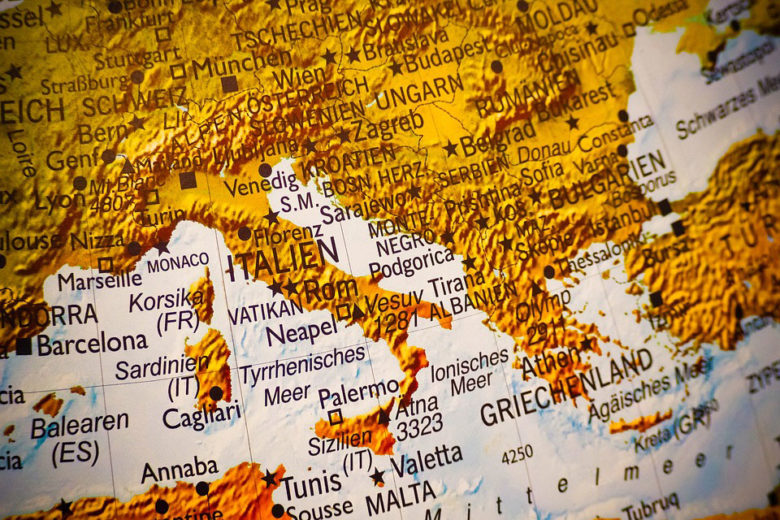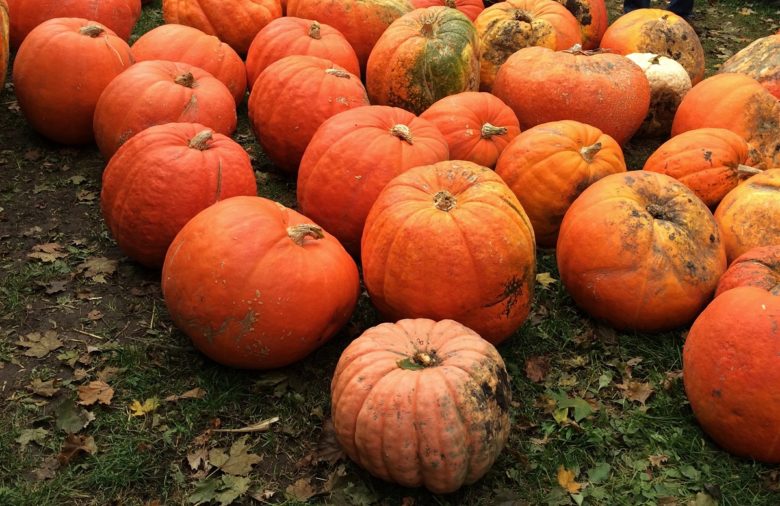History and legend of a true “opera” of cuisine: pasta alla Norma
It is a simple dish with a strong Mediterranean flavor, consisting of a few ingredients and creating a symphony for taste buds. There are no certainties about its origins: some people associate it to a tribute to Vincenzo Bellini, while others to…. Nino Martoglio’s sense of humor
Short pasta (generally macaroni), tomato sauce, fried eggplants, a sprinkling of salted ricotta cheese and some basil leaves: these are the ingredients of the pasta alla Norma, a typical recipe from Catania created to honor its composer Vincenzo Bellini. There are no certainties about its origins, however, as the term “norma” doesn’t refer just to a preparation made to perfection, and there are two versions about the birth of the dish that have been handed down until today.
TWO MASTERPIECES. It was the 26th December1831 when Vincenzo Bellini’s Norma debuted for the first time at the Teatro alla Scala in Milan. It wasn’t an encouraging start for the two-act opera made by the composer from Catania, eve if the following performances fortunately disproved it. In fact, Norma became the most famous of his ten works and garnered a great success. Then, according to a popular legend, A Sicilian chef created a dish for the occasion and served it in the evening after Bellini’s opera debut: that is, the pasta alla Norma. Who knows if the chef had had inspired also by the name of the first performer in Norma, the soprano Giuditta Pasta.
A FAMOUS LUNCH. According to another version, in 1920, when a lunch took place at Musco-Pandolfini house (located in via Etnea, Catania), among the guests around the table there were the actor Angelo Musco, his sister Anna with her husband Giuseppe Pandolfini (the hosts), his nephews Turi and Janu, this latter with his wife Saridda D’Urso, and the playwright Nino Martoglio, who had long established an artistic bond with the actor. When the main course was brought to the guests, Martoglio was moved by its scent and taste of the Sicilian and adressed the chef saying: “Mrs. Saridda this is a real Norma”. A joke that in this way gave the name to the “pasta diva” from Catania.
Translated by Daniela Marsala



